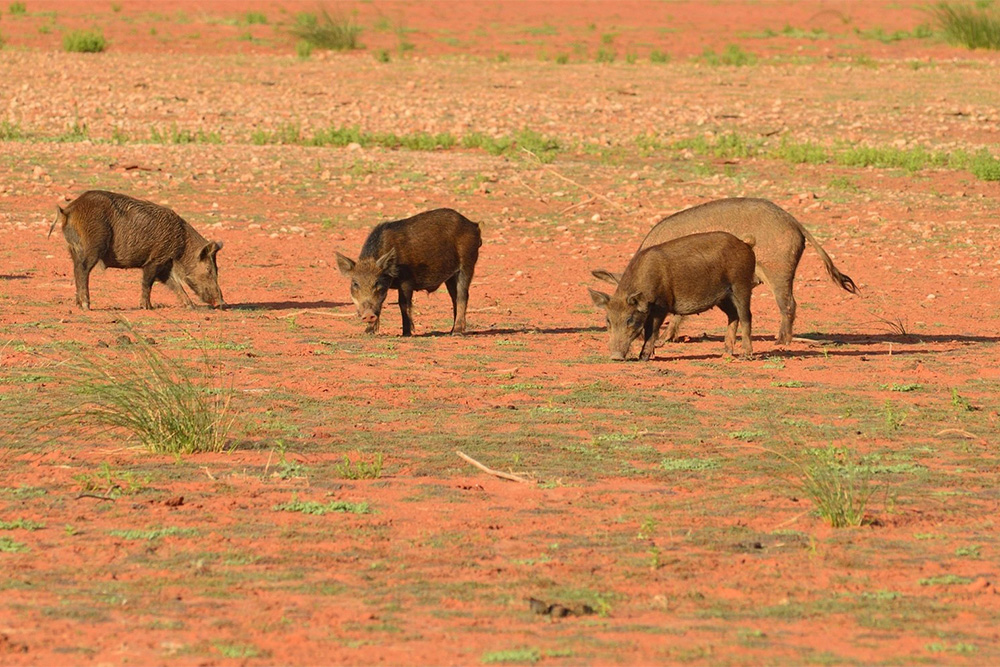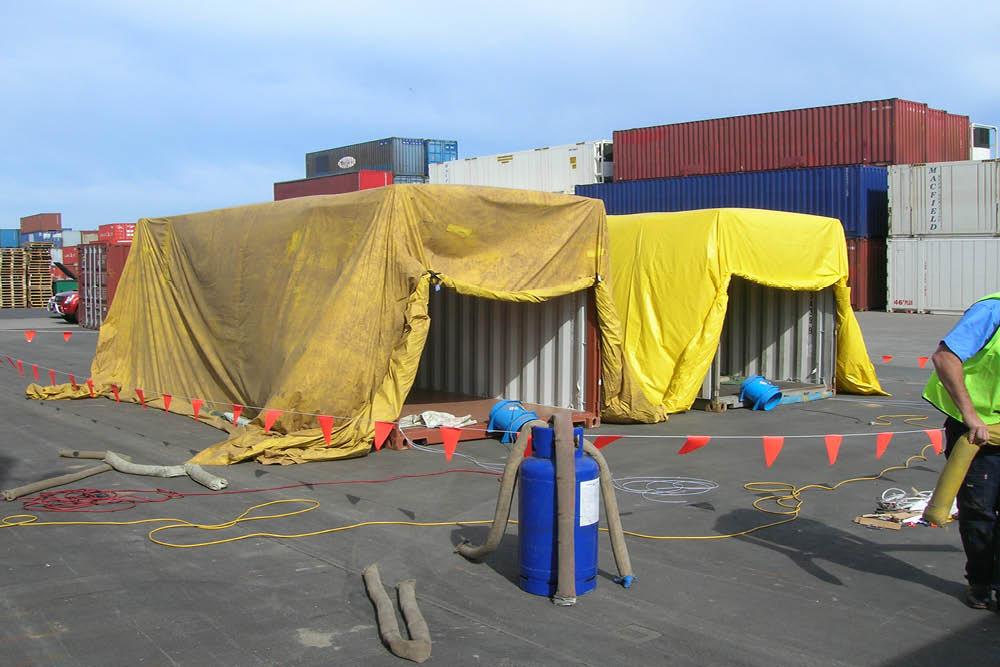Operating across diverse landscapes, from savannahs to coastal regions, Indigenous Rangers in northern Australia play a crucial role in safeguarding both the natural environment and cultural heritage from the damaging impacts of established invasive species.
To support this vital work the department, through the Australian Chief Environmental Biosecurity Officer, has partnered with the North Australian Indigenous Land and Sea Management Alliance (NAILSMA) to allocate $3.9 million to Indigenous ranger led projects aimed at reducing the impacts of pests and weeds. This work will compliment work already being undertaken by Indigenous ranger groups through their participation in the Indigenous Ranger Biosecurity Program.
Following a merit-based assessment process, over $1.6 million of Australian Government funding has been directed to 22 Indigenous ranger groups across Western Australia, the Northern Territory and Queensland to deliver 9 priority projects.
These projects will focus on reducing the impacts of feral pests, such as pigs and cats and reducing the spread of weeds such as Siam weed and Mimosa in West Arnhem.
The work to be undertaken includes conducting aerial surveys, on-ground weed control, charting pest populations and preventing their spread through shooting, trapping and baiting.
Lead organisations for the delivery of the projects include the Northern Land Council, Kimberly Land Council Carpentaria Land Council Aboriginal Corporation, Mimal Land Management and Gunggandji Land and Sea Rangers. The work will also be supported by National Environmental Science Program, Bush Heritage Australia and Southern Cape York Catchments.
NAILSMA CEO Barry Hunter said pest species management is a fundamental part of the day-to-day operations of Indigenous Land and Sea Managers across northern Australia.
“As significant landowners, managers and custodians, Indigenous people are applying their knowledge in caring for Country,” Mr Hunter said.
Funding is also being allocated to training, development, and capacity-building opportunities for ranger groups, enabling them to share and expand knowledge. These efforts aim to enhance knowledge transfer and improve the effectiveness of rangers in biosecurity activities that protect Country from the threats posed by pest animals and weeds.
Mr Hunter said through this funding, NAILSMA Regional Coordinators are working with groups to identify equipment and training needs while also offering resources and support to meet those requirements.
“This program invests directly in the capability of Indigenous organisations to manage threats posed to culture and Country.” Limited funds are still available for capacity building activities under the program.
For more information and a list the eight priority projects visit: Protecting Country Against Invasive Species Program | NAILSMA.




